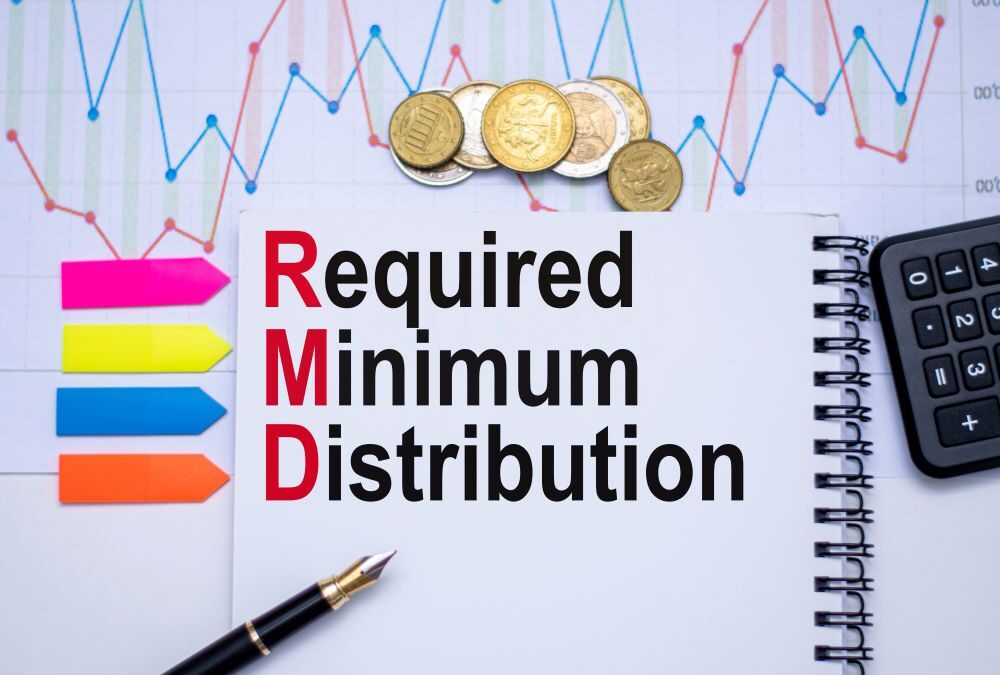As individuals plan for retirement, understanding the intricacies of financial regulations becomes crucial. One such regulation is the Required Minimum Distribution (RMD), which outlines the minimum amount individuals must withdraw from their retirement accounts annually. In this article, we will delve into what an RMD is and examine the age at which a person can begin taking an RMD in 2024.
A Required Minimum Distribution (RMD) is the minimum amount an individual must withdraw from their retirement savings accounts annually, such as 401(k)s, traditional individual retirement accounts (IRAs), and other similar tax-advantaged retirement plans. These distributions serve the purpose of ensuring that people gradually deplete their retirement accounts and pay taxes on their investment gains over time, rather than amassing tax-deferred wealth for eternity.
The RMD rules were established by the Internal Revenue Service (IRS) to help ensure that taxpayers do not indefinitely postpone paying taxes and to maintain the original purpose of retirement savings for income during retirement.
According to the current IRS guidelines for RMDs issued in April 2023, the age at which an individual generally must begin taking RMDs is 73 years old. However, a significant change was introduced with the passage of the Setting Every Community Up for Retirement Enhancement (SECURE) Act in December 2019. Previously, the RMD age was set at 70½, but it was increased to 73 for individuals who turned 70½ after December 31, 2019.
The RMD calculations are based on the account balance as of December 31 of the previous year, divided by a distribution period determined by the individual’s age and life expectancy according to IRS tables.
It is essential to note that not all retirement accounts are subject to RMDs at age 73. Roth IRAs, for example, are not subject to RMD requirements during the account owner’s lifetime. However, inherited IRA distributions are subject to RMD regulations at different ages.
A Required Minimum Distribution (RMD) is a mandatory withdrawal from retirement accounts to ensure individuals gradually pay taxes on their saved wealth during their retirement years. As of 2024, the age to take an RMD is 73 for individuals who turned 70½ after December 31, 2019. Those who turned 70½ before this date should refer to the previous deadline of April 1 in the year after their 70½ birthday. Adhering to RMD regulations is vital to avoid penalties and ensure tax compliance as you enjoy the fruits of your years of hard work and diligent saving.
About Matt
Matt Ward is a financial advisor and the president of New Century Investments, an independent investment advisory firm serving business owners, pre-retirees, and retirees in the Dallas-Fort Worth area and beyond. Matt is passionate about integrating investing, planning, and tax management into a holistic approach. Matt’s breadth of knowledge and experience in both taxes and investment management sets him apart, giving him the ability to design, advise on, and manage business strategies, tax efficiency, and retirement planning. He is known for his care and attention to detail and works hard to develop personal relationships with each of his clients so they can benefit from his customized service and guidance. He loves walking with his clients through their financial journey, supporting them and celebrating with them as they reach their goals.
Matt graduated from Texas Tech University with a bachelor’s degree and is a certified financial planner™ and chartered retirement planning counselor℠ professional. When he’s not working, you can find Matt hiking, playing the guitar, and spending time with his family. To learn more about Matt, connect with him today!
Matt’s Corner






